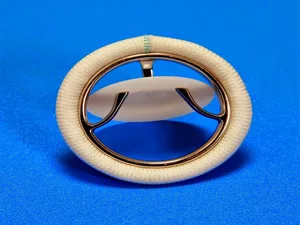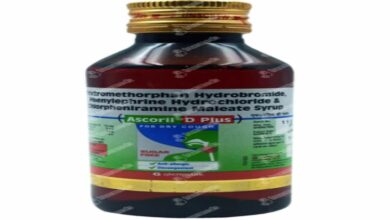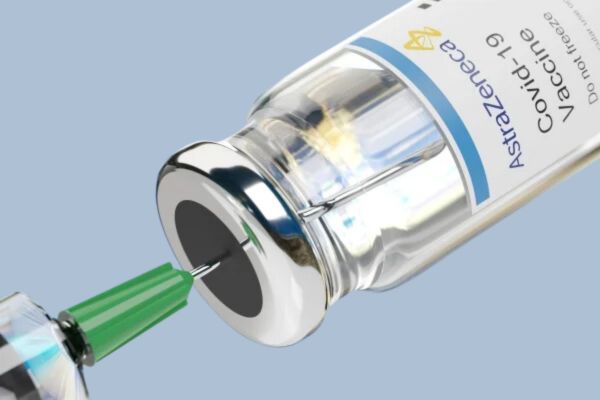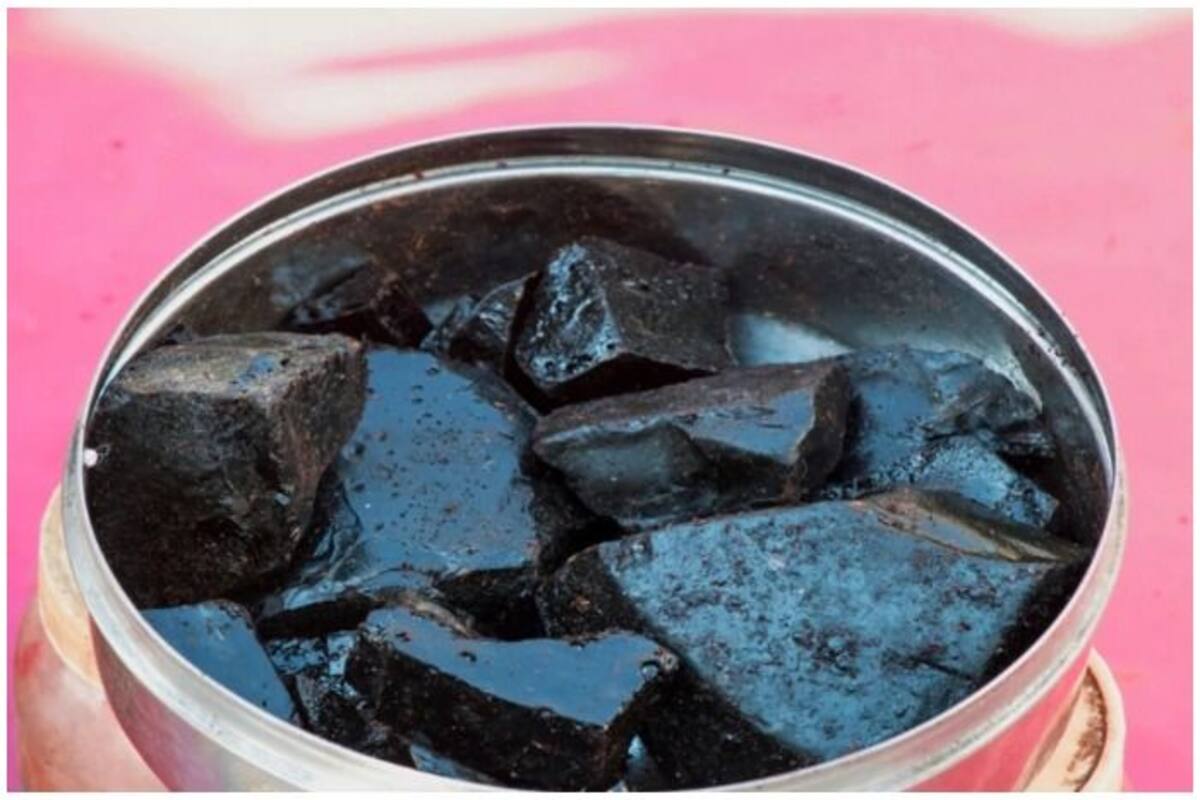New Delhi, March 1 (IANS) – The Government has reported implanting second-generation Chitra heart valves in 40 patients in the last two years as part of a pilot clinical evaluation to address Rheumatic heart disease, a major challenge in India.
Rheumatic heart disease, leading to heart valve damage requiring prosthetic replacement, has been a significant issue in the country, according to the Ministry of Science & Technology. In the 1980s, the Indian Council for Medical Research estimated that six out of every 1,000 children had rheumatic fever, with a young population at risk for valvular disease estimated at 12 lakh.
The initial Chitra Heart Valve was successfully implanted in a patient in 1990, with ongoing efforts to enhance and scale up the product resulting in the clinical use of close to 2,00,000 devices. The second-generation device was developed based on feedback from clinical trials of the earlier model and post-market surveillance, incorporating several improvements.
In response to India’s need for affordable indigenous artificial heart valves, the Sree Chitra Tirunal Institute for Medical Sciences and Technology (SCTIMST) developed the valve. After obtaining regulatory approvals from the Central Drug Standards Control (CDSCO), the pilot clinical evaluation of the upgraded model TC2 began at SCTIMST two years ago, with 40 valves successfully implanted in patients.
“The results are observed to be very promising and no specific complications were reported. Based on this positive outcome, a pivotal clinical trial is planned to commence by the end of 2024,” stated the department. The institute has completed prototyping and preliminary proof of concept studies, and is in the process of identifying a suitable industrial partner to bring the product to the clinic by 2026.

 Community Health Initiatives: How Local Engagement Improves Overall Well-being
Community Health Initiatives: How Local Engagement Improves Overall Well-being Unlocking the Benefits of Medicare Part D Plans for 2025
Unlocking the Benefits of Medicare Part D Plans for 2025 Comparing Ascoril D Plus with other cough syrups and expectorants on the market
Comparing Ascoril D Plus with other cough syrups and expectorants on the market AstraZeneca’s Covishield To Cause Rare Yet Serious Side Effects
AstraZeneca’s Covishield To Cause Rare Yet Serious Side Effects Reinforce Your Smile: Discover the Benefits of Hydroxyapatite Toothpaste
Reinforce Your Smile: Discover the Benefits of Hydroxyapatite Toothpaste Shilajit for Women: Balancing Hormones and Supporting Wellbeing
Shilajit for Women: Balancing Hormones and Supporting Wellbeing Learn All About Truck Accident And What a Truck Accident Lawyer Can Help
Learn All About Truck Accident And What a Truck Accident Lawyer Can Help Fever: Symptoms, Treatments, Types, and Causes
Fever: Symptoms, Treatments, Types, and Causes